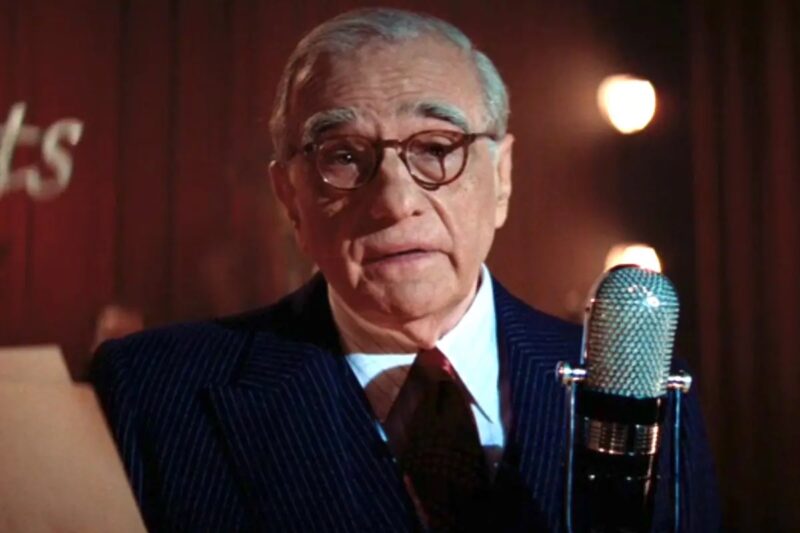I don’t know how I still manage to be surprised by the odd, odd choices of Hollywood auteurs. I’m a woman of the world. I should know better. Yet the latest literary IP to hit the development pipeline strikes this viewer as an uncanny marriage of slow-boiling spirituality and high-octane male gaze.
That’s right, fellow film dweebs. The man who helped make Bobby DeNiro a household name may be pairing up with America’s most soulful novelist, a woman best known for her deep examinations of faith and domesticity. Resolve of a schedule-conflict pending, Martin Scorsese plans to adapt Marilynne Robinson’s Home.
Published to great acclaim in 2008, Home is a riff on another Robinson novel, Gilead (2004), and the second in a trilogy. A third person retelling of events narrated in Gilead, Home features most of the same characters as its predecessor.
Set in 1950s Iowa, the book—or trilogy, if you like—depicts the circumscribed movements of a small community. Home in particular renders a nostalgic portrait of a mid-century midwest, and is chiefly concerned with patriarchs and preachers. There’s a prodigal son, a dying pastor, and a great deal of reflecting.
In its pages, Robinson’s writing into “moral cowardice and unrepentant, unacknowledged sin” is as incisive as ever. But the novel’s actual events don’t obviously lend themselves to cinematizing. That’s to say that like the rest of her canon, Home is long on emotional scope and attenuated detail, but short on quick-cut action. Which does beg the Scorsese question.
Luckily, if the fates find their way, Marty will have calibrating help. Todd Field, the American director behind Little Children (2006) and the film that broke a thousand groupchats, Tár (2022), has been named to write the script.
Here’s where I admit that my skepticism could be misplaced. Robinson’s life-long engagement with morality as a subject may weirdly rhyme with Scorsese’s project, as he’s so often fixated on its opposite.
In Killers of the Flower Moon (2023), Marty continued an ongoing affective pivot from gleefully glamorizing the crooks he loves to mocking their flat imaginations. That film made a political point to not make the bad guys look cool. Which could be useful, in terms of rendering Robinson’s humbler domestic characters.
In any case. I’ll continue to marvel at The New Marty, who used this same breadcrumb-dropping press op to praise one of this year’s off-the-beaten indies, Jane Schoenbrun’s wonderful I Saw the TV Glow.
Excited to see what grows from this seed, from two greats.
Image via

